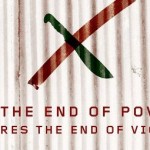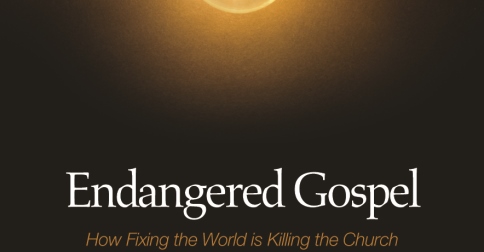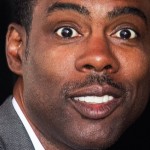I’m deeply saddened, but not really surprised by the grand jury’s decision tonight in Ferguson.
The fundamental disconnect is that Prosecuting Attorney Robert McCulloch could stand there and say that there was no question that Officer Wilson shot and killed Michael Brown (who –although this was never explicitly offered in the statement — was UNARMED), and yet there was not enough evidence to bring the case to trial. This is the broken system in which we live, a society so enamored with guns and violence that it is permissible to shoot and kill an unarmed person and not even face a trial for such action! The message is that Michael Brown’s life did not matter, that it was not worthy of justice. Sure Officer Wilson shot and killed Brown, but the bigger issues are systemic: a police system that teaches officers to use excessive force, especially with people of color, and a justice system that sees no need to pursue justice for the life of Michael Brown.
I am also deeply bothered by McCulloch’s repeated pleas for further conversation. This may come as a surprise to those of you who are familiar with the Slow Church emphasis on conversation. On one hand these pleas, may have been a veiled way of discouraging violent responses to the grand jury’s decision, and I can appreciate that. But when those in power — like McCulloch here — so emphatically call for conversation, my cynical take is that this is their way of maintaining the status quo. Conversation, in certain contexts, can be a way of appearing to address a thing, without any intention of change.
What we need are transformative relationships and conversations. Christena Cleveland has recently offered a reflection on Ferguson that is well-worth meditating upon. She says:
In this new family, [Jesus] invites us to collectively embody the sacrificial and cross-cultural advocacy that he exhibited in his life and death. Following his lead, all Christians are called to love well across racial and cultural differences, choose to see the world from other people’s perspectives, search for and extinguish inequality in the church and society, advocate for each other, esteem one another, and live as true brothers and sisters (Philippians 2:1-3).
This is not a calling to be taken lightly. As a unified family of God, we are empowered to address the racial issues that are afflicting our world. Indeed, in United by Faith, theologian Curtiss DeYoung and sociologists Michael Emerson, George Yancey and Karen Chai Kim persuasively argue that the unified family of God is the answer to the problem of race in America.
Let me repeat: the unified family of God is the answer to the problem of race in America. For years, black Christians have invited white Christians to participate in the unified family of God by leaning into justice issues that affect black people.
Our broken legal system is not going to be fixed anytime soon, but we can’t wait for that… What we need now, as Cleveland has poignantly argued, is to embody the reality that all God’s people have been united in the life, death, resurrection and ascension of Jesus. We need to start embodying this unity, first in our very own neighborhoods, even if that means asking — as Duke Divinity School’s Willie Jennings has suggested — why there are no (or almost no) people of color in our neighborhoods? But then, of course, flowing out of our neighborhoods as well.
We have been given a prime opportunity to show that in Christ all people matter, no life is expendable. May this be our wake up call to deal with the deep racial brokenness in the Church, and to start embodying a different way, one that doesn’t reflect the deep racism of Western culture!












